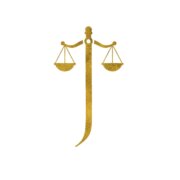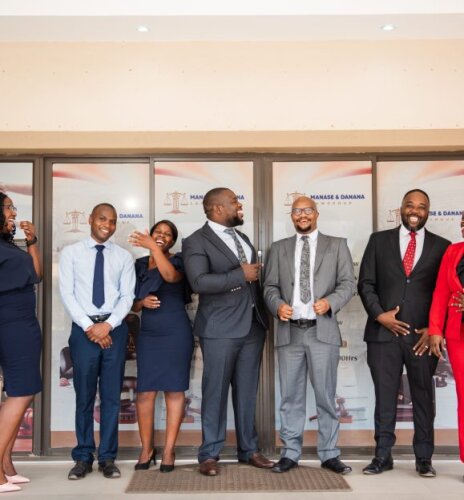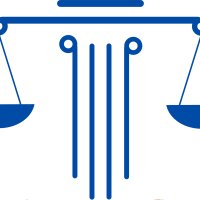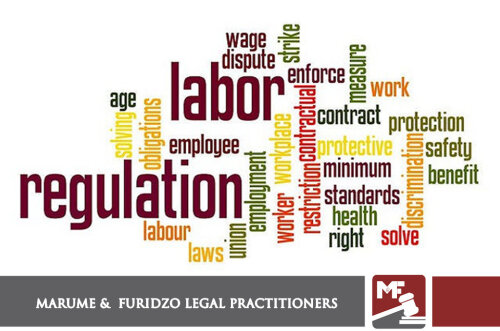Best Domestic Violence Lawyers in Harare
Share your needs with us, get contacted by law firms.
Free. Takes 2 min.
Free Guide to Hiring a Family Lawyer
List of the best lawyers in Harare, Zimbabwe
About Domestic Violence Law in Harare, Zimbabwe
Domestic violence in Harare, Zimbabwe, like in many parts of the world, is a serious issue that affects many households. The government of Zimbabwe has made efforts to address this critical societal problem by enacting laws and policies aimed at protecting victims and prosecuting offenders. The Domestic Violence Act, enacted in 2007, is a pivotal piece of legislation that outlines the legal framework for addressing domestic violence in Zimbabwe. This Act provides measures to prevent and combat domestic violence, offering protection to victims through legal mechanisms such as protection orders and providing avenues for reporting and addressing domestic abuse.
Why You May Need a Lawyer
There are several situations where individuals affected by domestic violence in Harare may seek legal assistance:
- Filing for Protection Orders: Victims may require assistance in filing and securing a protection order against the perpetrator.
- Family Law Matters: When domestic violence intersects with family law issues, such as divorce or custody battles, legal representation can be crucial.
- Criminal Charges: Victims or accused individuals may require legal defense or representation in criminal proceedings.
- Understanding Rights: Victims often need guidance on their rights and the legal options available to them.
- Compensation Claims: Seeking financial compensation or reparations for harm caused by domestic violence may require legal expertise.
Local Laws Overview
The key aspects of local laws regarding domestic violence in Harare include:
- The Domestic Violence Act (2007): This law provides the legal definition of domestic violence, which includes physical, emotional, verbal, psychological, sexual, and economic abuse.
- Protection Orders: Victims can apply for protection orders to safeguard themselves from further harm.
- Police Intervention: Law enforcement agencies have the authority to intervene in domestic violence cases and protect victims.
- Legal Provisions for Minors: The law also covers incidents of domestic violence involving minors and provides measures for their protection.
- Community Involvement: The law encourages community-based approaches and the involvement of non-governmental organizations in combating domestic violence.
Frequently Asked Questions
What constitutes domestic violence under Zimbabwean law?
Domestic violence includes physical, emotional, verbal, psychological, sexual, and economic abuse, as outlined in the Domestic Violence Act of 2007.
How can I obtain a protection order in Harare?
You can apply for a protection order at a local magistrate's court, often with the assistance of a lawyer or local support organization.
Can men be victims of domestic violence?
Yes, domestic violence affects people of all genders, and men can also be victims, entitled to the same legal protections.
What should I do if I am in immediate danger?
If you are in immediate danger, contact the police right away. They have the authority to intervene and protect you from harm.
Is domestic violence only physical?
No, domestic violence is not limited to physical harm. It includes emotional, psychological, sexual, and financial abuse.
Do I need a lawyer to file a complaint about domestic violence?
While not mandatory, a lawyer can help navigate the legal process, especially in complex cases or where court proceedings are involved.
Can domestic violence charges lead to imprisonment?
Yes, perpetrators of domestic violence can face criminal charges, which may result in fines, community service, or imprisonment.
Are there support groups available in Harare?
Yes, there are numerous NGOs and community-based organizations in Harare offering support to victims of domestic violence.
Is counseling available for victims of domestic violence?
Counseling services are available through various non-governmental organizations and health facilities in Harare.
What role do the police play in cases of domestic violence?
The police are responsible for responding to calls, investigating cases, and providing protection to victims.
Additional Resources
For individuals seeking assistance or information on domestic violence in Harare, the following resources may be valuable:
- Ministry of Women’s Affairs, Gender, and Community Development: Provides resources and support for victims of domestic violence.
- Zimbabwe Women Lawyers Association (ZWLA): Offers legal support and advice to victims of domestic violence.
- Musasa Project: A prominent NGO providing shelter, counseling, and support services to victims.
- Legal Resources Foundation (LRF): Provides legal advice and representation for individuals affected by domestic violence.
Next Steps
If you need legal assistance regarding domestic violence, consider taking the following steps:
- Contact a lawyer or a local legal aid organization for advice and representation.
- Visit the nearest magistrate's court to inquire about obtaining a protection order.
- Reach out to support organizations for counseling and additional support.
- If in immediate danger, contact local law enforcement agencies for protection.
- Keep detailed records of all incidents of abuse, including dates, times, and witness statements, to assist in legal proceedings.
Seeking help and understanding your legal rights are crucial steps toward ensuring your safety and well-being.
Lawzana helps you find the best lawyers and law firms in Harare through a curated and pre-screened list of qualified legal professionals. Our platform offers rankings and detailed profiles of attorneys and law firms, allowing you to compare based on practice areas, including Domestic Violence, experience, and client feedback.
Each profile includes a description of the firm's areas of practice, client reviews, team members and partners, year of establishment, spoken languages, office locations, contact information, social media presence, and any published articles or resources. Most firms on our platform speak English and are experienced in both local and international legal matters.
Get a quote from top-rated law firms in Harare, Zimbabwe — quickly, securely, and without unnecessary hassle.
Disclaimer:
The information provided on this page is for general informational purposes only and does not constitute legal advice. While we strive to ensure the accuracy and relevance of the content, legal information may change over time, and interpretations of the law can vary. You should always consult with a qualified legal professional for advice specific to your situation.
We disclaim all liability for actions taken or not taken based on the content of this page. If you believe any information is incorrect or outdated, please contact us, and we will review and update it where appropriate.















